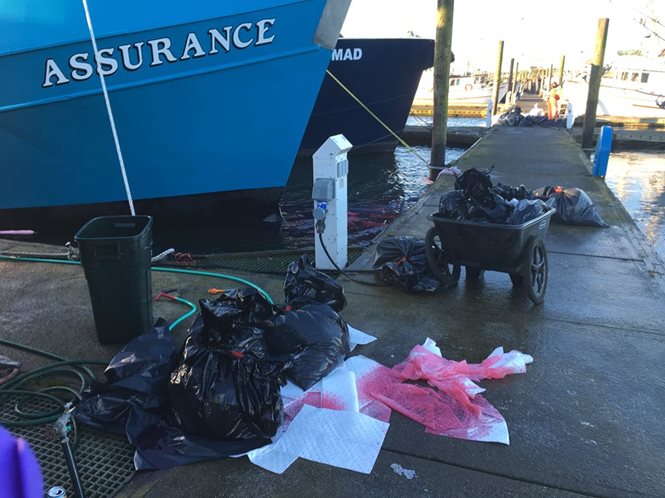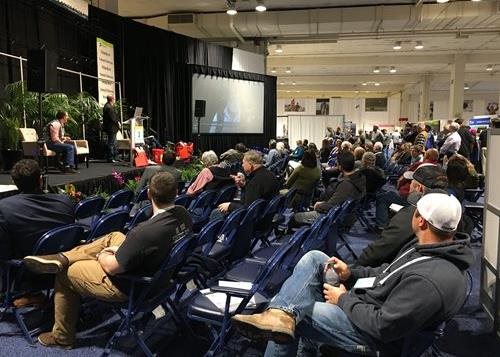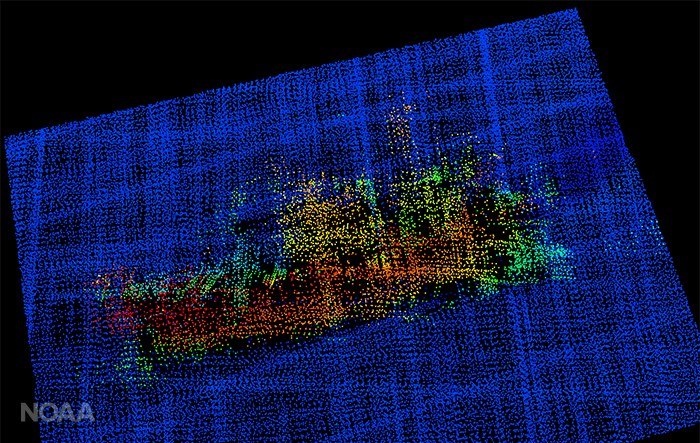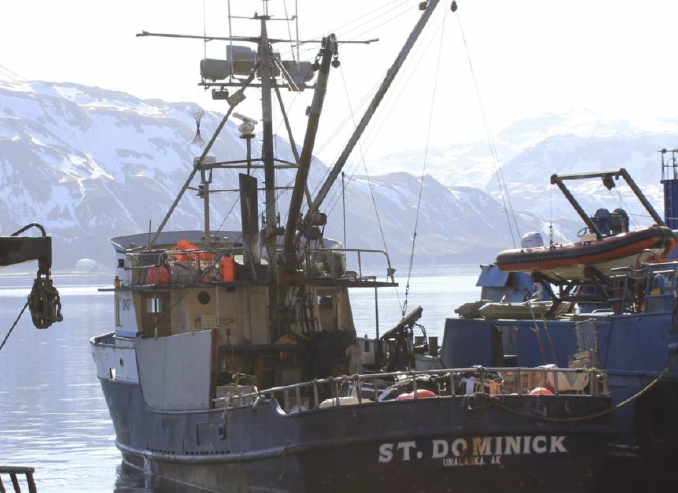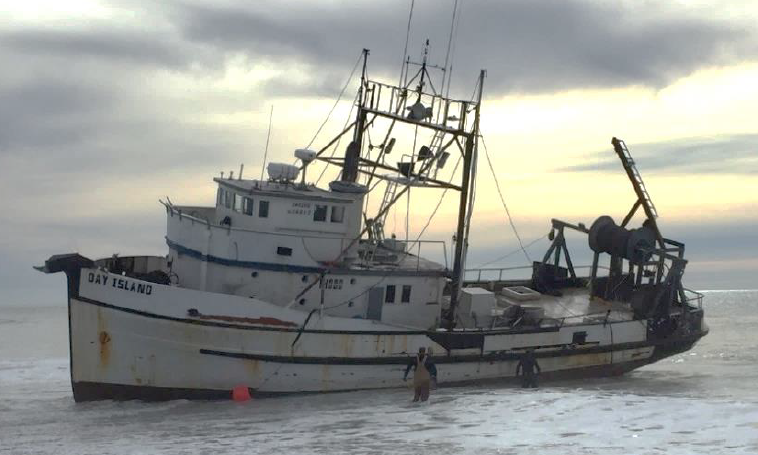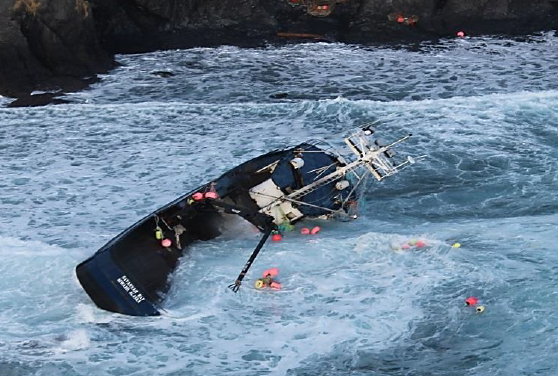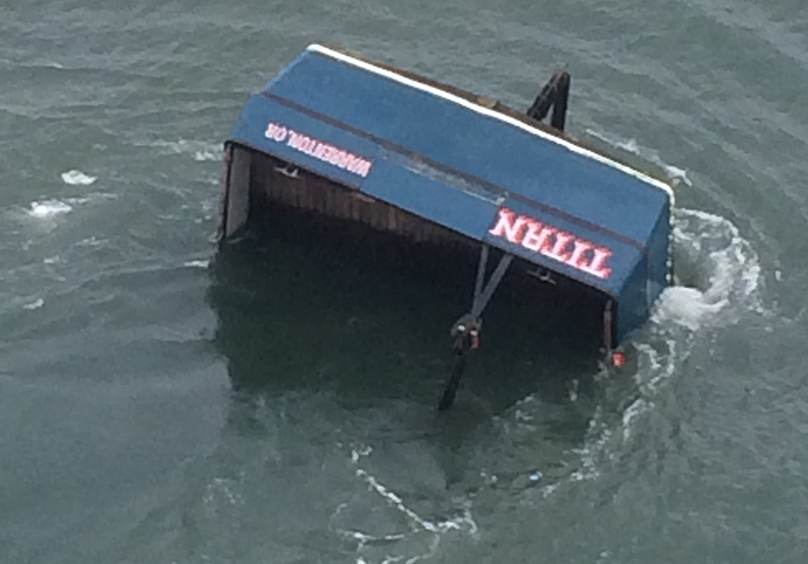Fatigue — it'll bite you
Commercial fishing requires hard labor and dedication. Fishermen often sacrifice sleep to bring in a good catch, which also increases the risks of fatigue-related casualties. Hear Captain Russ Eager's story, and get tips for reducing fatigue and helping prevent oil spills.
Fatigue will cost you
When a casualty causes an oil spill, the price is high. Costs can include state penalties, federal penalties, natural resource damage assessment and restoration, damaged/destroyed vessel, lost income, and medical bills.
For one man, fatigue cost nearly $70,000.
Control fatigue before it controls you
There are things you can do to reduce the chances of an accident as the result of fatigue. With long work hours, rough seas, and small crews, they’ll require some thought and effort.- Make quality sleep time a priority.
- Make your sleep space as dark and quiet as possible.
- Get as close to 7-8 hours of sleep a day as you can. Use down-time to take a nap.
- Avoid using drugs and alcohol that can hurt sleep quality and quantity.
- Make thoughtful and informed decisions about scheduling. Understand how improper scheduling can fatigue your crew.
- When possible, consider requiring a minimum of two persons on watch in the wheelhouse at night.
- Provide a good sleeping environment for crew members.
- Listen to and address crew member concerns of inadequate rest. Regularly re-evaluate staffing and scheduling decisions based on conditions.
- Crew Endurance Management — U.S. Coast Guard [PDF]
- Fatigue & Maritime Operations — Washington Ecology [PDF]
- Sleep Tips — Alaska Marine Safety Education Association [PDF]
- FishSafeWest commercial fishing information — U.S. Coast Guard
- Reduce Fatigue-Related Accidents — National Transportation Safety Board
- Fishing, Fatigue, & the Crew Endurance Management System — U.S. Coast Guard [PDF]
Captain Eager's story
Hear the captain's story about his experience with fatigue and the advice he gives for preventing casualties.
More fatigue stories
105 fatigue-related casualties in the last seven years
The Coast Guard and Ecology documented cases of fatigue-causing marine accidents. Fatigue-related casualties of commercial fishing vessels on Pacific Northwest shores occur regularly.
| Year | Fatigue-related casualties for Oregon and SW Washington |
|---|---|
| 2013 | 26 |
| 2014 | 23 |
| 2015 | 15 |
| 2016 | 13 |
| 2017 | 10 |
| 2018 | 8 |
| 2019 | 10 |
Related links
Contact information
Mike Lynch, Investigations Coordinator
Washington Department of Ecology
mike.lynch@ecy.wa.gov
360-951-2787



